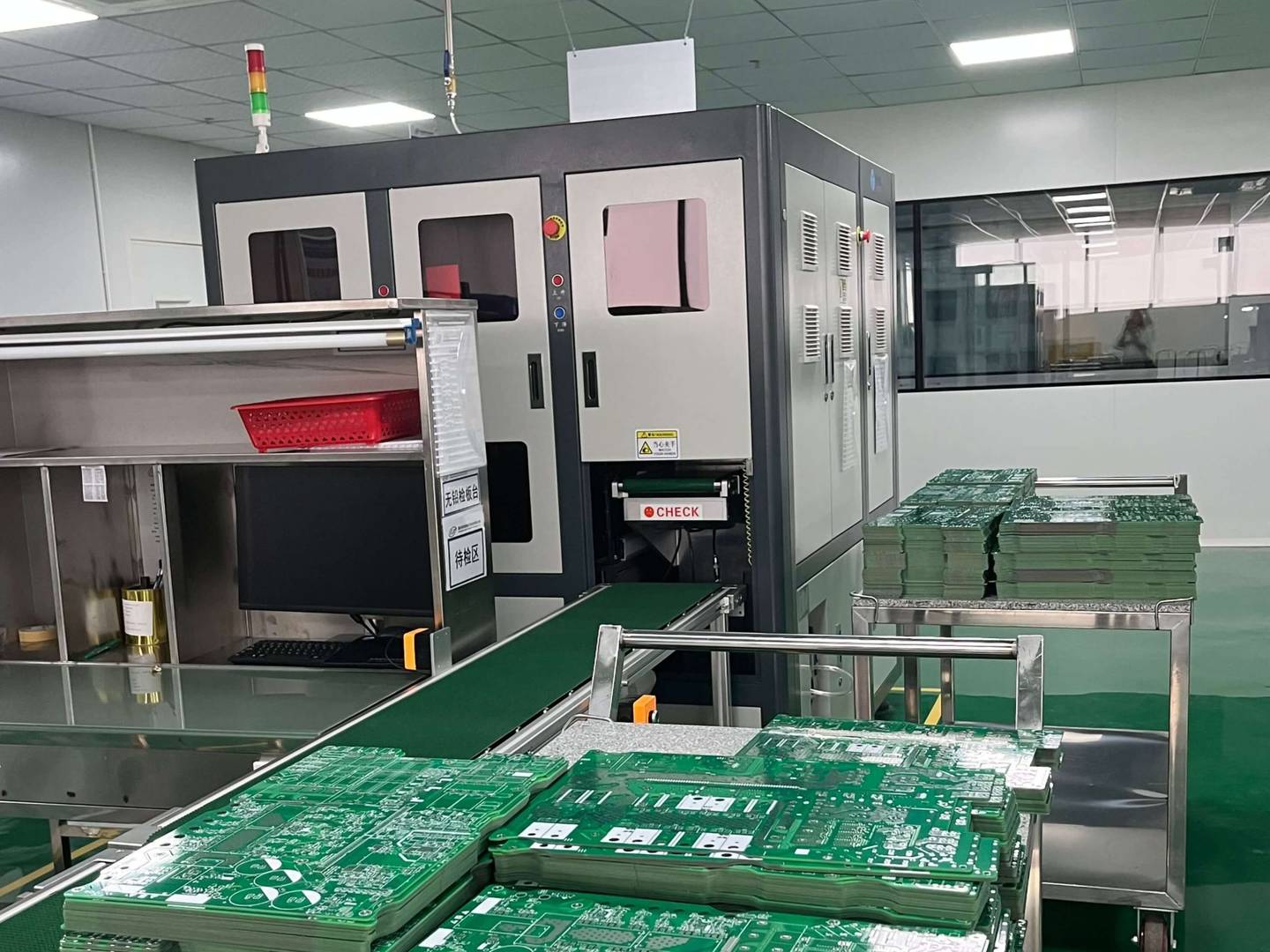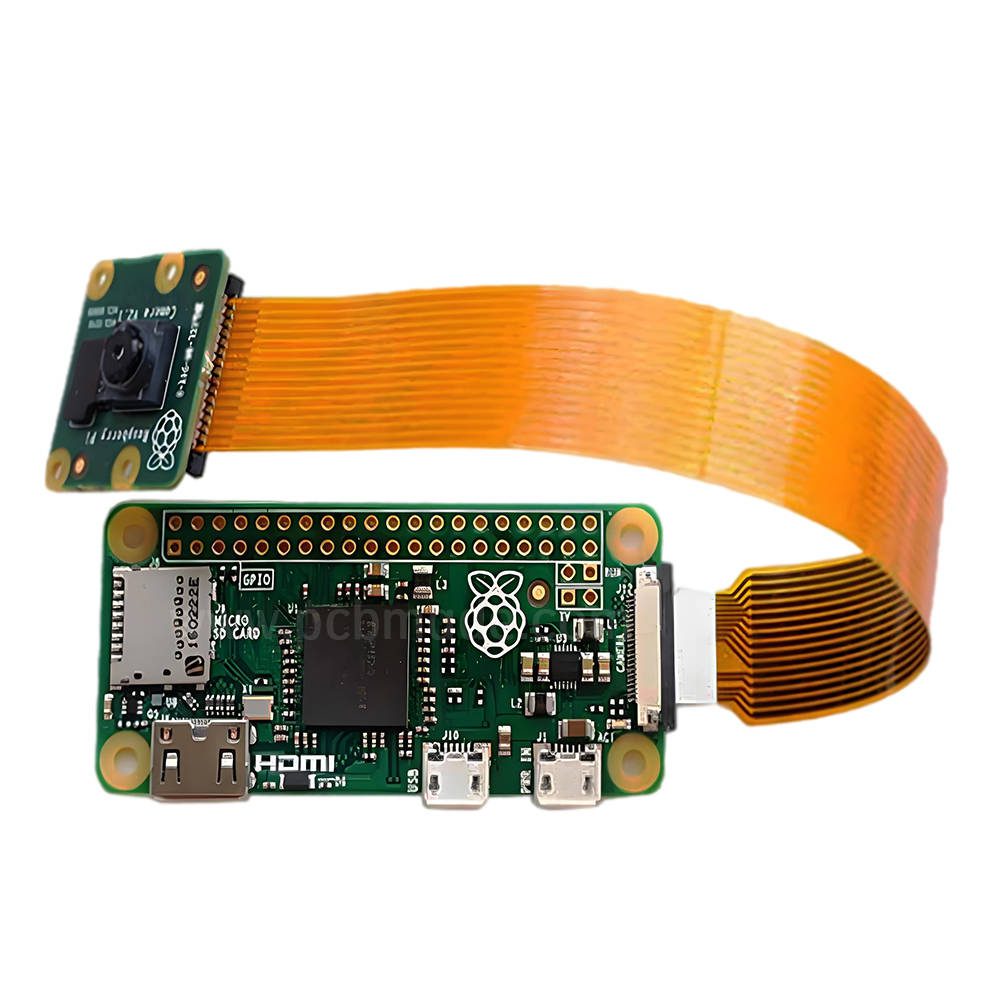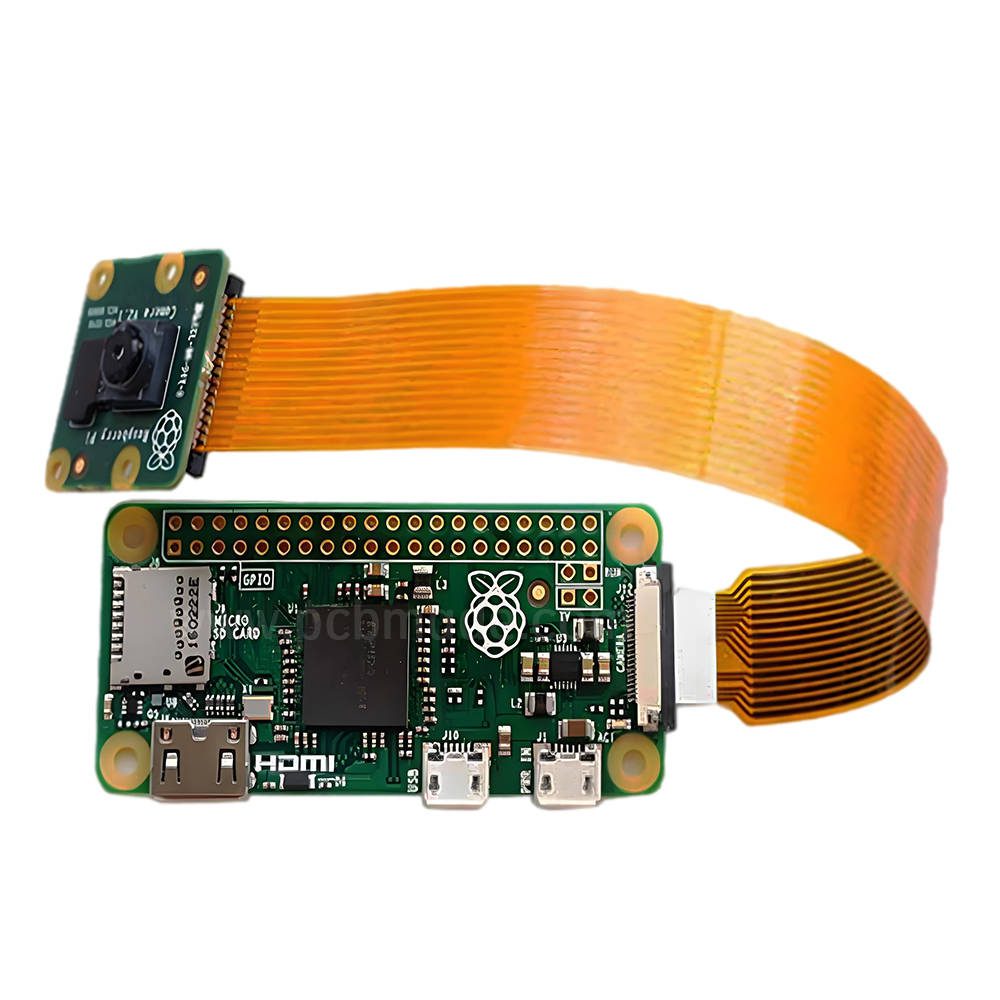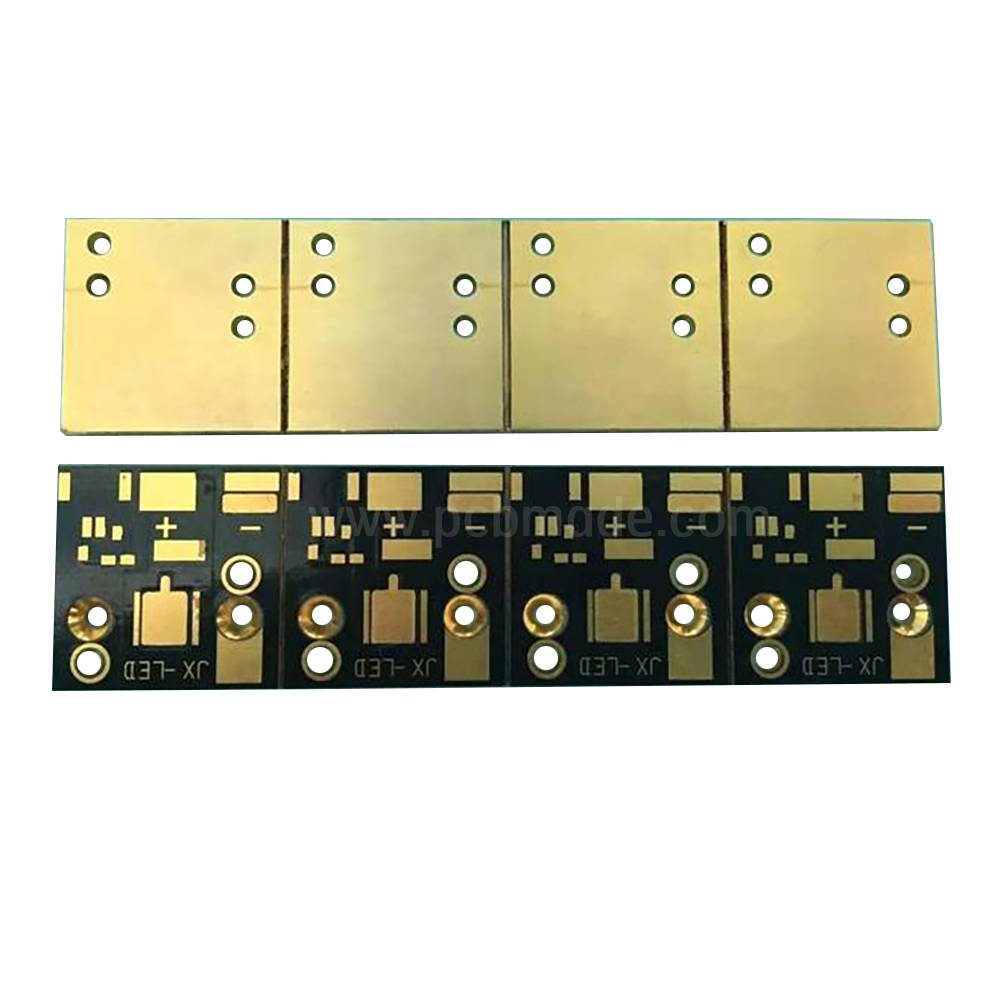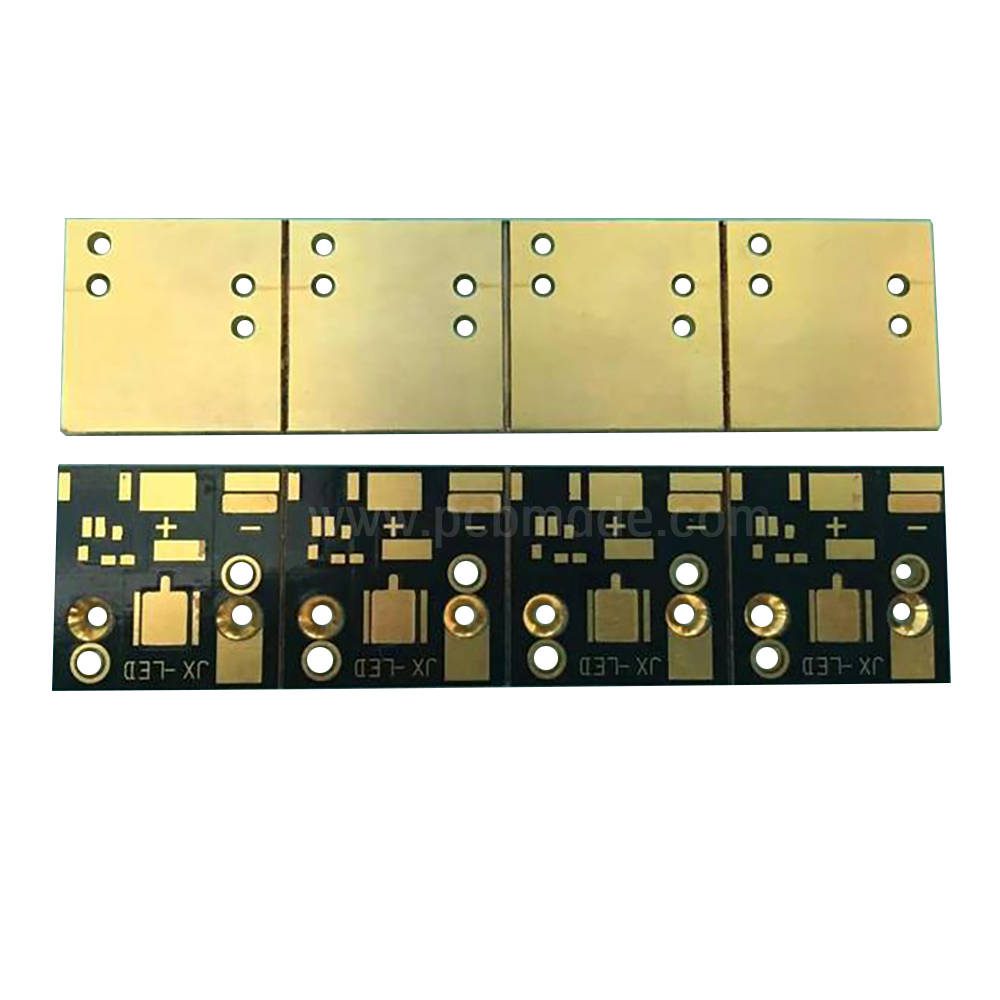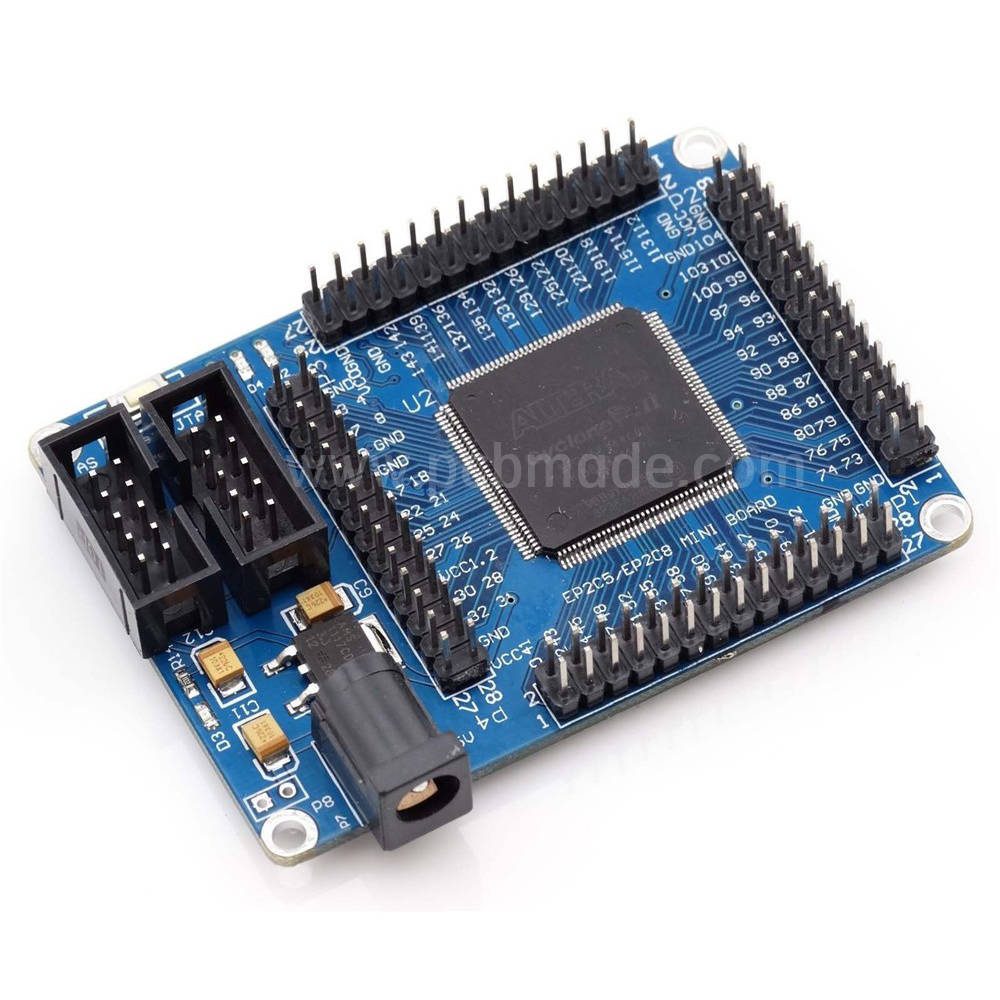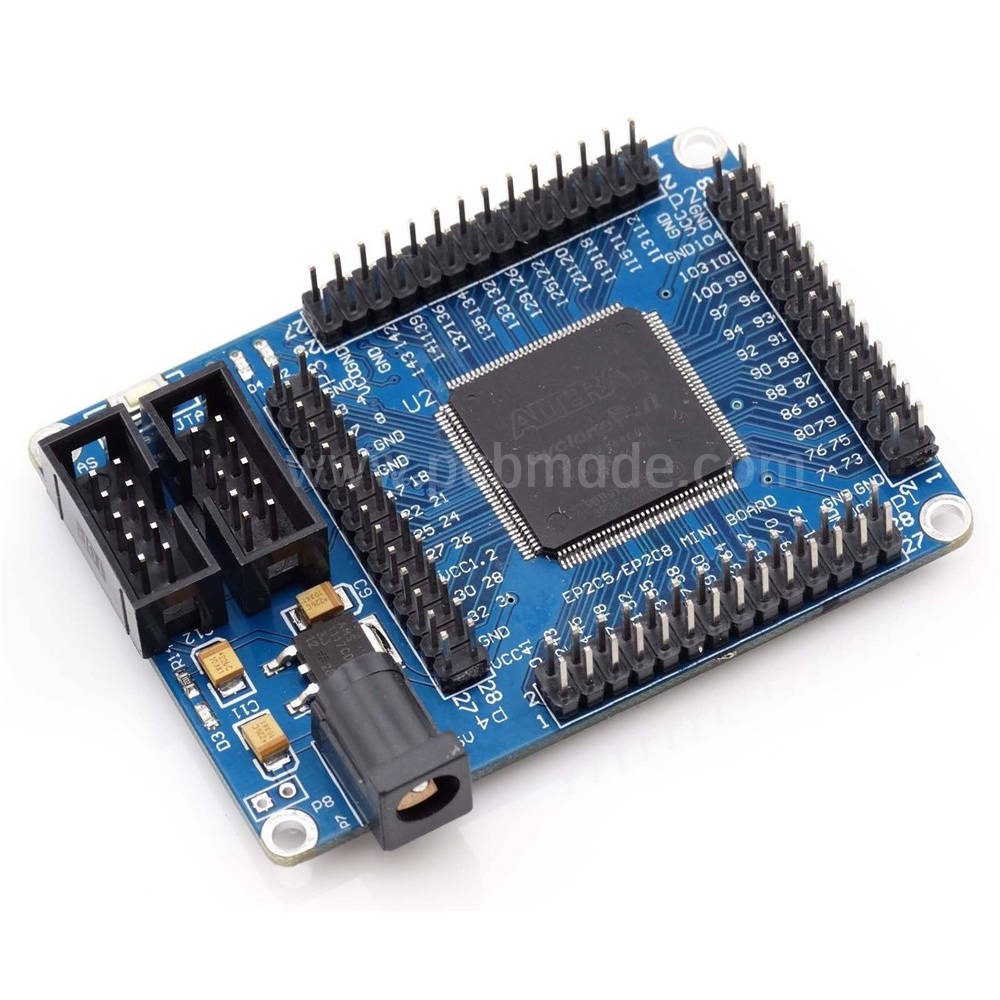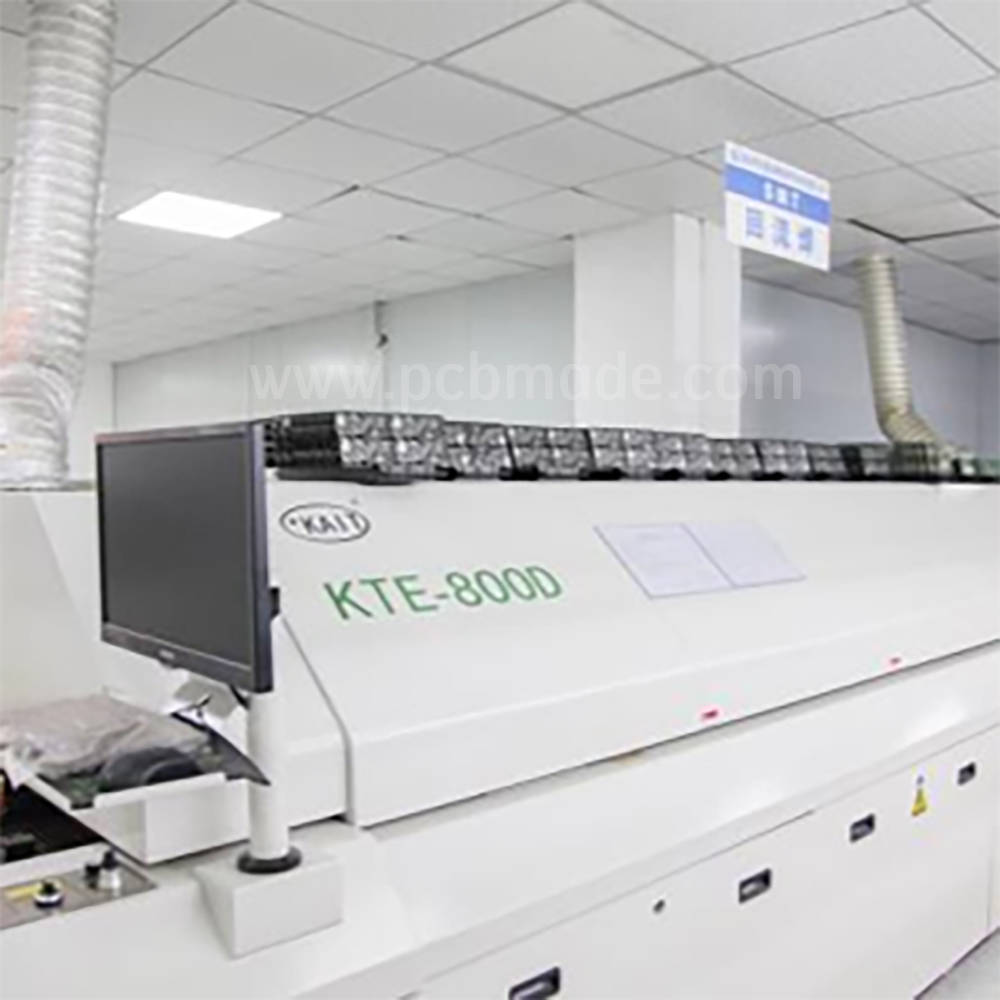The thermal expansion coefficient of a PCB board refers to the proportion of change in the length, width, or thickness of the PCB board when the temperature changes. Understanding the coefficient of thermal expansion is crucial for designing and manufacturing high-quality PCB boards.
The coefficient of thermal expansion is usually expressed as the change in length per unit temperature change. It is a physical constant typically measured in units of ppm/℃ (parts per million/degree Celsius) or ppb/℃ (parts per billion/degree Celsius).
The thermal expansion coefficient of PCB board can be measured by one of the following methods:
1. Thermal expansion coefficient instrument: Using a specialized thermal expansion coefficient instrument, this instrument can measure the dimensional changes of PCB boards under controlled temperature conditions and calculate the thermal expansion coefficient.
2. Differential method: Combine the tested PCB board with a reference material with a known thermal expansion coefficient, and calculate the thermal expansion coefficient of the tested PCB board by measuring the length difference between the two at different temperatures.
In practical applications, in order to accurately measure the thermal expansion coefficient of PCB boards, it is usually necessary to consider factors such as material non-uniformity, thickness variation, and processing technology.
In short, measuring the thermal expansion coefficient of PCB boards is to better understand and control the dimensional changes of PCB boards under temperature changes. This is crucial for the design and application of PCB boards, especially in environments where temperature changes need to be considered, such as electronic devices in high or low temperature environments.


